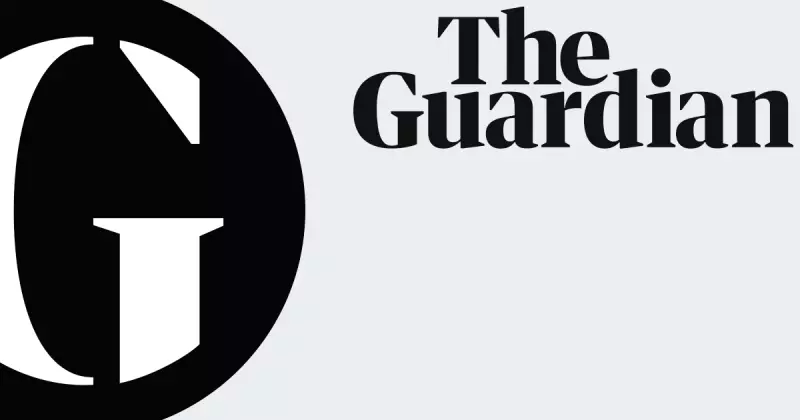
The gathering to honour the late American right-wing commentator Charlie Kirk has transcended a traditional memorial, transforming into a significant cultural and political event on British soil. The atmosphere more closely resembled a hybrid of a fervent political rally and an evangelical revival meeting than a sombre remembrance.
Thousands of attendees converged, creating a scene charged with emotion and ideology. Supporters, waving flags and holding signs, listened intently to speeches that seamlessly wove together political dogma with religious symbolism. The event became a platform where tributes to Kirk's legacy blurred into calls for political action and spiritual awakening.
A Stage for Ideology
Speakers at the event did not merely eulogise Kirk; they amplified his core messages. The podium served as a stage for reinforcing his controversial stances on culture, government, and national identity. This fusion of homage and manifesto created a powerful, and for some, concerning, narrative for his followers.
The sheer scale of the turnout signals a notable moment for certain political movements within the UK, demonstrating an ability to mobilise and inspire a base around a shared set of beliefs that challenge the mainstream status quo.
Beyond a Simple Memorial
Analysts suggest the event's significance lies in its demonstration of a growing political strategy that merges identity, faith, and politics into a cohesive, mobilising force. The memorial-turned-rally highlights a shift in how political communities form and solidify around influential figures, even after their passing.
The event has undoubtedly cemented Charlie Kirk's status as a symbolic figurehead for a particular strand of political thought in the UK, ensuring his ideas continue to provoke and inspire long after his death.






